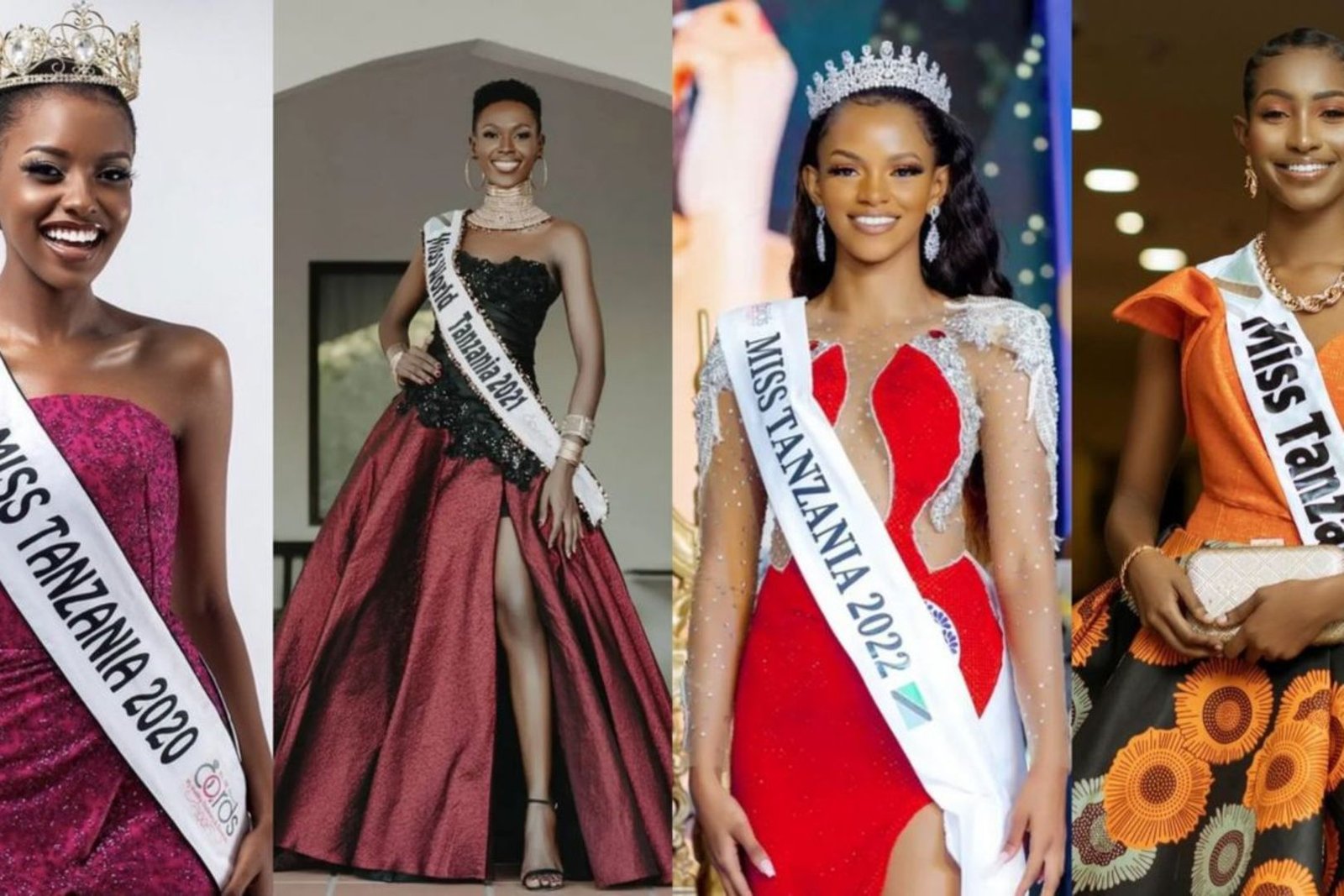For over two decades, the Miss Tanzania title has stood as a symbol of more than beauty. It represented ambition, cultural pride, and a powerful platform for young women to speak, lead, and represent their country on the world stage.
But in 2025, for the first time since its return in 1994, that crown sits untouched — with no organiser, no licence, and no national competition in sight.
The collapse of the pageant has not only shocked loyal followers but also left many questioning the fate of one of Tanzania’s most iconic platforms for women.
The Miss Tanzania pageant has produced some of the country’s most inspiring women. In 2005, Nancy Sumari charmed the world during her run at Miss World, where she finished among the Top 6 finalists. Today, she’s a published author, education advocate, and founder of The Neghesti Sumari Foundation.
In 2007, Richa Adhia became the first Tanzanian of Indian descent to win the title, challenging the nation’s conversations on identity, race, and inclusion.
By 2019, young contestants like Sylvia Sebastian Bebwa were redefining beauty with messages of youth empowerment, body positivity, and education.
The pageant had become a launchpad — not just for beauty queens — but for future leaders, media personalities, and entrepreneurs.
In early 2025, reigning titleholder Tracy Nabukeera posted an emotional message on Instagram declaring she would not represent Tanzania at Miss World 2025, set to be held in India. Her words were direct:
“I love my country. I love the title. But I had to choose my mental health and my values.”
Tracy’s decision exposed deeper issues — a lack of support, disorganised logistics, and poor communication from the organisers. Her exit marked the first time in decades that Tanzania would not participate in Miss World — and it wasn’t by choice.
Following Tracy’s withdrawal, the National Arts Council of Tanzania (BASATA) confirmed it had revoked the Miss Tanzania licence from the organisers in charge. Since then, no replacement organisation has been announced.
Without an accredited franchise holder, the pageant cannot be officially recognised by the Miss World Organisation, nor can it send a representative to the global event — a requirement in line with international beauty competition standards.
Also Read; Africa Faces Urgent Call to Rethink Infrastructure Financing
Tanzania is not alone in this struggle. Other countries, including some in Africa, have also withdrawn from Miss World 2025 due to financial issues, logistical errors, or fractured licensing. This reflects a broader trend in pageantry where economic pressure, digital disruption, and shifting cultural values have challenged traditional models of beauty competitions.
More on the changing face of global pageantry.
Meanwhile, events like Miss Grand Tanzania continue under separate franchises, but their structure and reach differ significantly from the legacy of Miss Tanzania.
The disappearance of Miss Tanzania from the national calendar raises wider questions. What platforms remain for young Tanzanian women to grow, lead, and be heard? How will the country redefine representation in the 21st century?
For many, the silence has been deeply felt. Cultural critics and former queens are calling for a reset — not just a return, but a reimagining of the pageant. One that protects mental health, promotes inclusion, ensures transparency, and nurtures growth.
Whether the pageant returns in 2026 remains to be seen. But across social media and in private forums, conversations have begun. Former winners, cultural advocates, and fans are urging BASATA and relevant stakeholders to take responsibility and bring the crown back — not for spectacle, but for impact.
As one former Miss Tanzania runner-up said:
“The crown isn’t just a title. It’s a voice, a responsibility, and a story of Tanzanian womanhood. And it should never be left to gather dust.”







